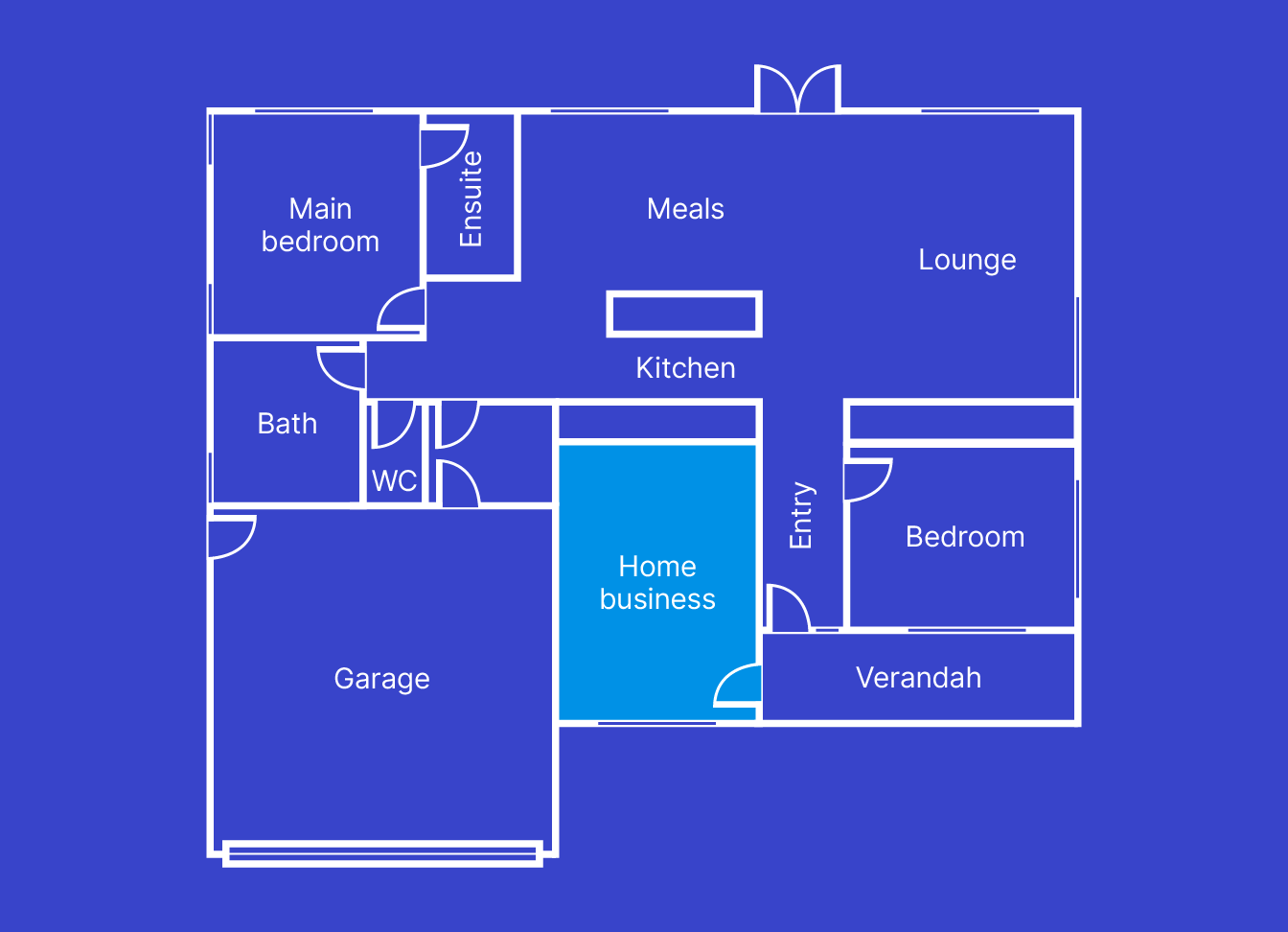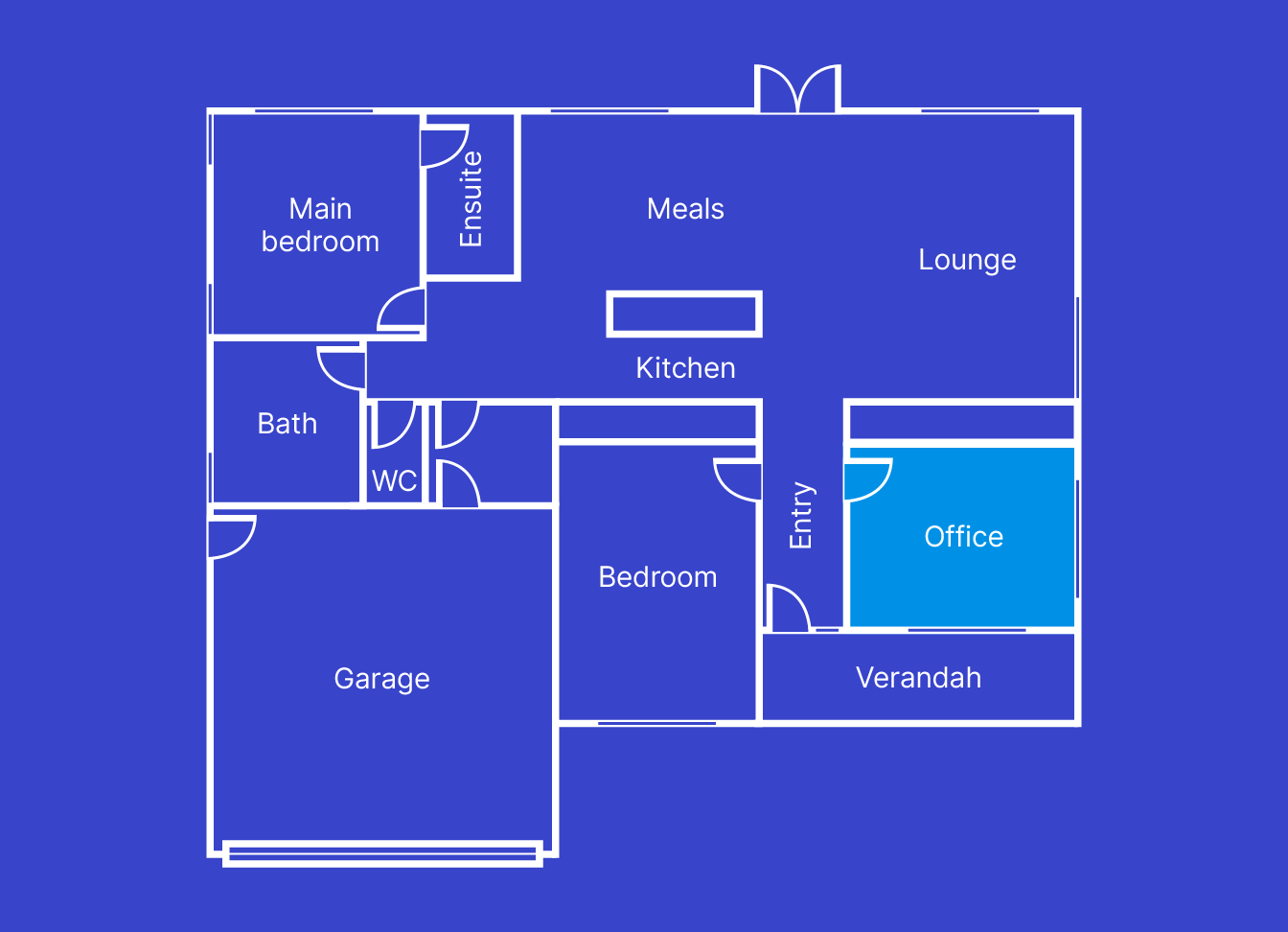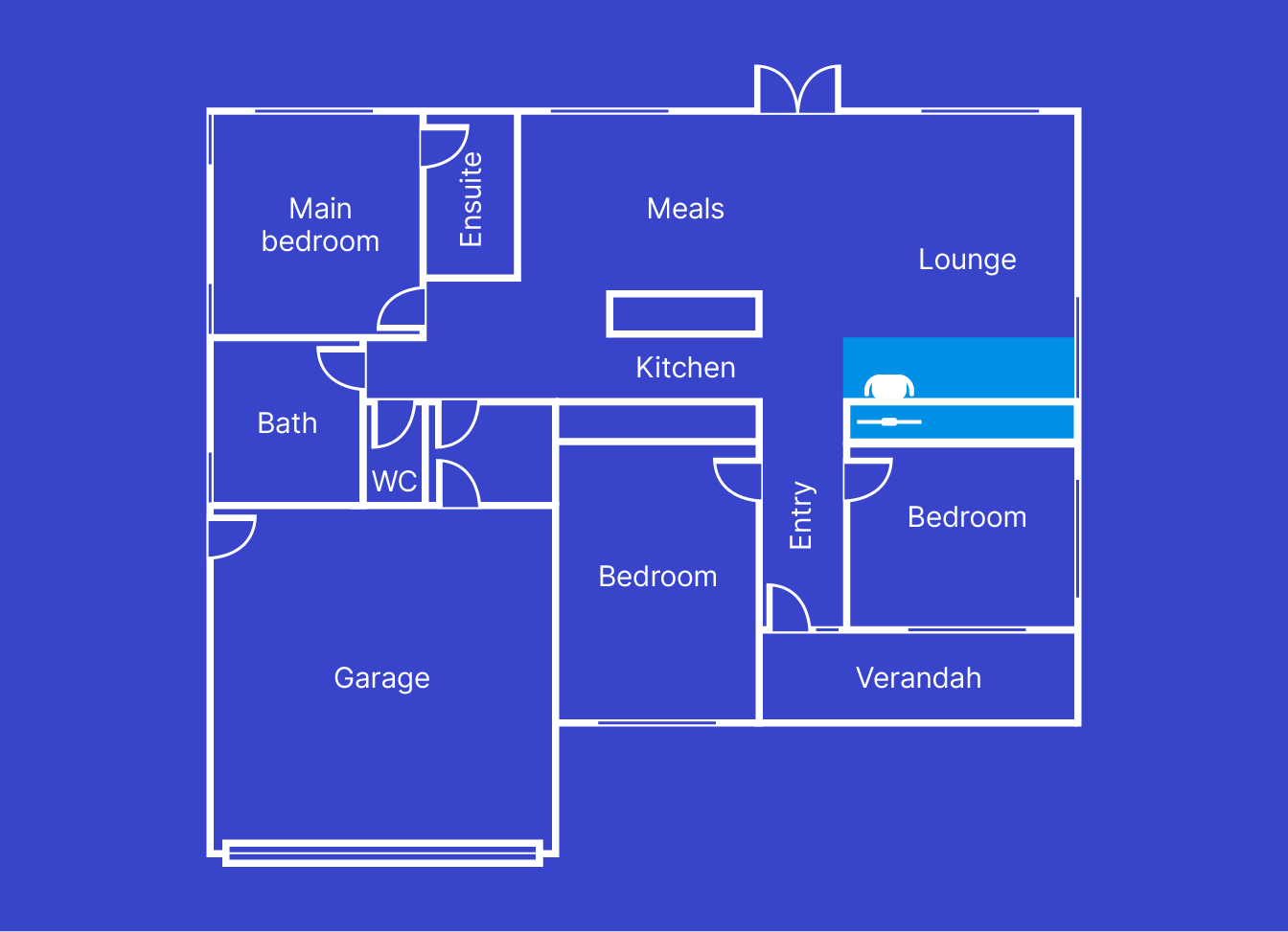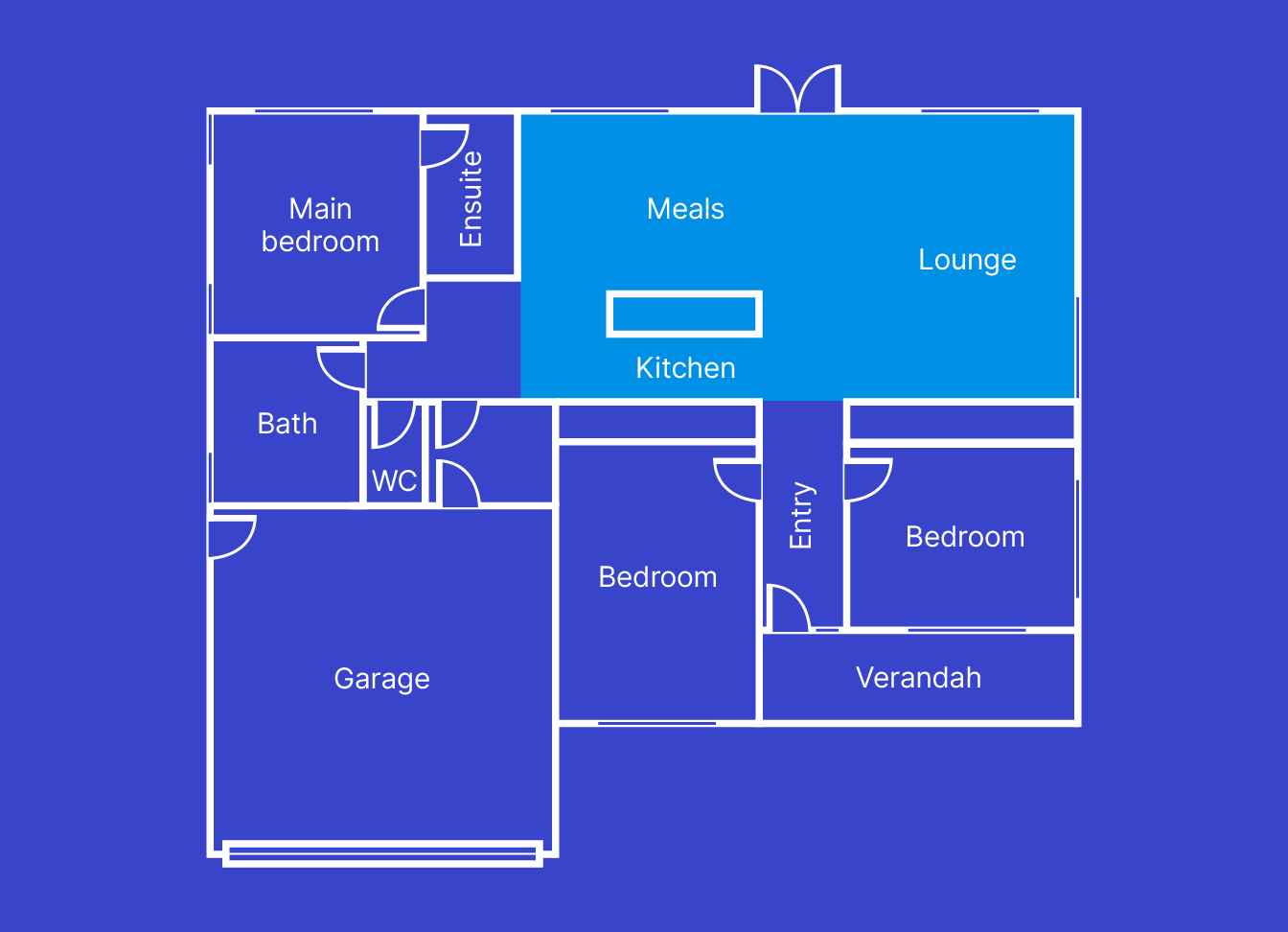
×
To use this feature, you need to log in to your account.
Don't have an account yet?
Create an account.
×
To use this feature, you need to log in to your account.
Don't have an account yet?
Create an account.
Last modified: 08 Jun 2023




